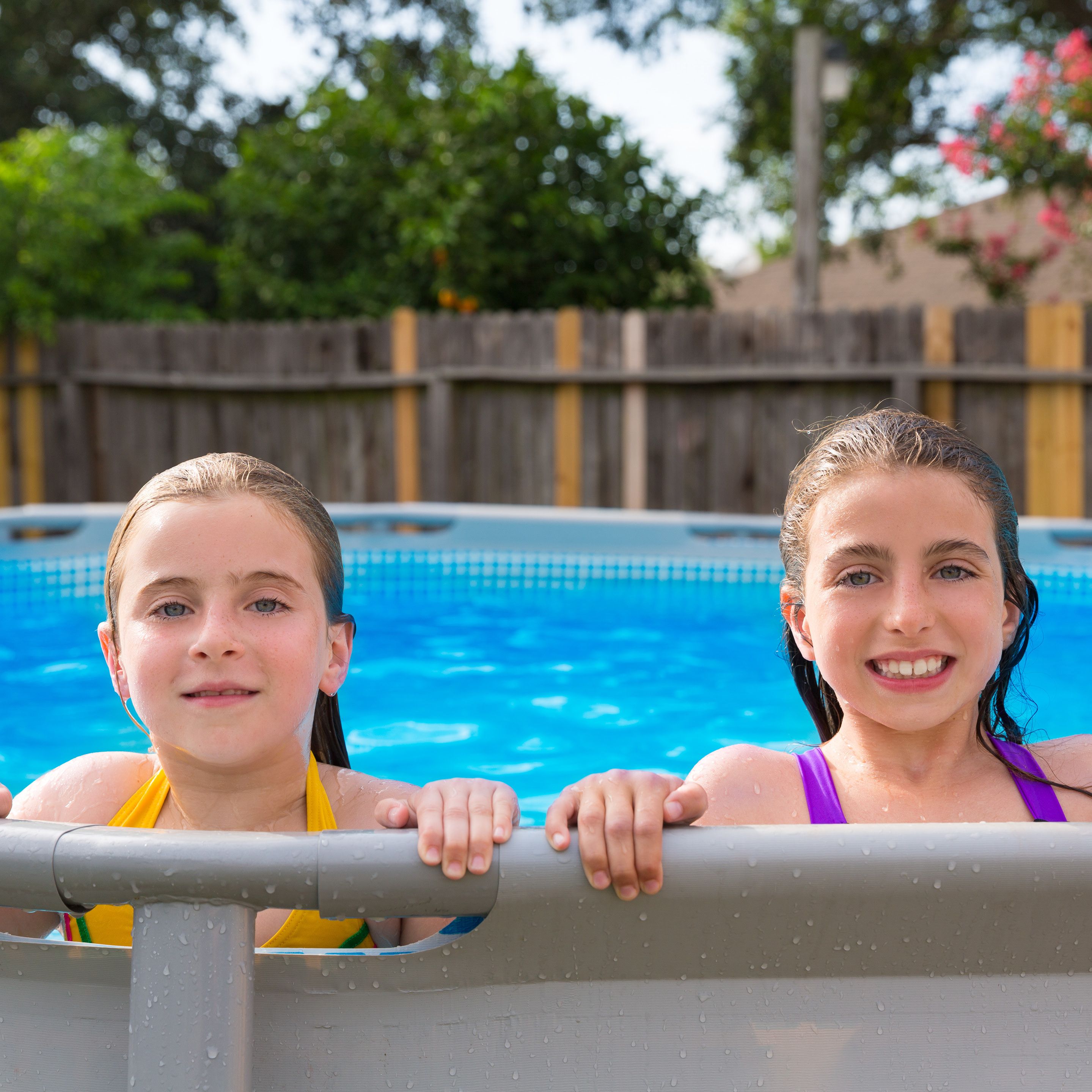
Summer Pool Life 2020
As life has changed for all of us since the outbreak of the coronavirus…summer fun in local pools might be another “new” normal for us to weather, as many local municipalities may choose to not open their pools. In fear of not having our summer of fun poolside, we are seeing an increasing number of backyard pools purchased across the US by consumers. Reportedly, the Association of Pool & Spa Professionals (APSP), projects there will be roughly 10.4 million backyard/residential swimming pools open across the United States this summer!
As we all want the opportunity to resume back to the life we once lived prior to quarantine…with that life comes great responsibility especially as it relates to purchasing and opening a body of water! As many Americans construct and open their own backyard pool for the summer months we must put water safety at the forefront. Whether you are a first-time backyard pool owner/operator or have owned/operated a pool most summers we want to provide backyard pool safety tips to help keep you, your loved ones, and neighbors safe while enjoying this summer.
- Fence/Gate - The most obvious way to decrease risk is to enclose the pool with a fence with gates that are kept locked. State, county, and city laws, insurance companies, and homeowners associations often have specific standards regarding fence height, material, spacing, gate specifications, and more. Whatever the legal requirements, the fence and gate should keep unsupervised children/people out of the pool area. Lastly, if you have a removable ladder remove and store it when not using the pool!
- Pool Covers – Using a pool cover can be a great way to not only deter accidents involving children, but also prevent uninvited guests from swimming in your pool. Covers should be used regularly, not just during periods of infrequent use.
- Remove Distractions – Remove any pool toys, floating devices, and other things that may pique the interest of children and ultimately lead to drownings or other accidents.
- Pool Rules - Establish pool rules and post them near the pool. Running and horseplay are fine, but not around the pool. Be careful with inflatable toys that may deflate unexpectedly. Use only unbreakable containers in the pool area. Swim only when sober and not on sleep-inducing medications. Allow diving only in water at least nine feet deep and tell divers to check the water depth before diving. Never allow diving in an aboveground pool or a hopper-bottom pool. Prohibit swimming during rain/thunderstorms and keep electrical devices away from the pool!
- Supervision – Ensure that there is always some kind of a designated adult to supervise when children are in or near the pools. Much like public-use pools need lifeguards at all times, residential pool owners should not assume that even experienced swimmers will be okay. Never allow anyone to swim alone or unsupervised.
- Phone / Communication – Another great way to reduce risk is to have a cellphone or landline close enough to the pool that if an emergency occurs, help can be called as quickly as possible. Never leave a child alone near a pool for any reason, not even to answer the phone.
- Safety Devices – In addition to providing life jackets to inexperienced swimmers, pools should have a safety pole and other devices (ring buoy, first aid kit, etc.) to help struggling swimmers out of the pool.
- CPR – Take a class and become certified in CPR so that life-saving techniques can be used in case of emergency.
- Pool Filters – Keep children away from pool filters or other parts of the pool where suction may entrap those who are unable to escape.
- Pool Chemicals - Handle pool chemicals carefully. Keep them out of children’s reach and in a locked storage area. Mix them carefully, following directions precisely. Use prepackaged test kits to test pool chemistry regularly and to maintain the proper pH and disinfectant levels. Add chemicals to the pool only when people are not in the water.
- Non-Slick Surfaces – Installing non-slick surfaces can help prevent injuries from falls onto the pool deck or into the water.
We hope everyone has a fun filled summer by the pool. Respectfully we ask that you please make water safety a number one priority whether you personally own a backyard pool or spend time this summer enjoying someone else’s! Fact…drowning typically isn’t loud or active, it’s quiet and quick…someone can drown in 30 to 60 seconds within 2 inches of water…sadly that is all it takes! In the United States, drowning is the second leading cause of unintentional injury death in children ages 1-14 years. Please take note of the safety tips provided and have a fun and safe summer!
Cami Bisch
YMCA Professional and Backyard Pool Owner